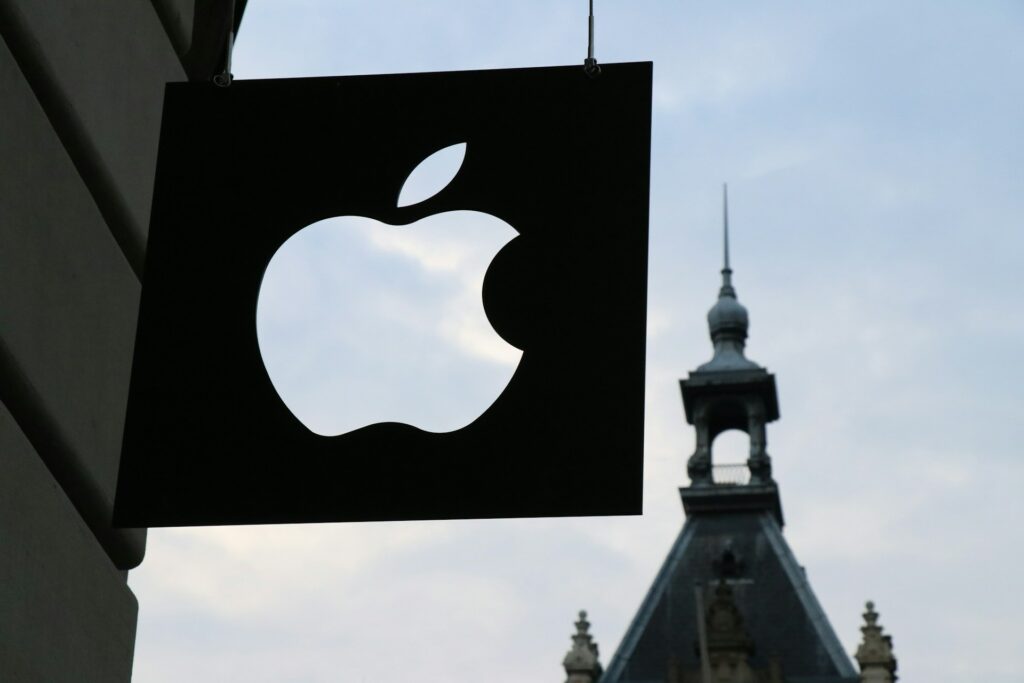Can Apple’s Artificial Intelligence Strategy Compete with That of Google and Microsoft?

Can Apple’s Artificial Intelligence Strategy Compete with That of Google and Microsoft?
Over the course of many years, Apple choose to take a more subdued approach to artificial intelligence, while its rivals introduced innovative AI assistants, cloud platforms, and solutions geared toward corporate usage. The advent of Apple Intelligence, a technology that combines on-device processing with secure cloud assistance, put an end to the hush that had been surrounding the company. The plan is reflective of Apple’s philosophy, which is to preserve the privacy of its users, rely on its own technology, and concentrate on features that are useful and can be easily integrated into everyday life.
At this point, the issue that has to be answered is whether or not this strategy is sufficient to compete with the aggressive and cloud-heavy tactics of competitors that dominate both the consumer and business sectors.
Apple’s Approach to Artificial Intelligence
To take use of the more capable neural processors found in more recent CPUs, Apple has structured its artificial intelligence framework to operate directly on its devices wherever it is practical to do so. In situations when the device is unable to handle the workload, the system will switch to a safe cloud environment that has been constructed and is totally under Apple’s control. With this configuration, the reliance on external servers is reduced, and the confidentiality of personal data is enhanced.
Additionally, the business has started working on improving Siri, its voice assistant that has been criticized for a long time. This includes providing Siri additional features such as stronger reasoning, deeper app integration, and contextual awareness. There are subtle but significant enhancements that are being woven into the operating system itself. These upgrades are supposed to seem natural rather than experimental. Examples of these updates include writing tools, picture generating, and summary functions.
For the purpose of filling in the gaps, Apple gives users the option to delegate specific jobs to partner models when they make the decision. This makes the artificial intelligence system more versatile while allowing Apple to maintain control over the experience as a whole.
What Makes It Different From Competitors Google’s Methodology
When it comes to its mobile operating system and internet services, Google incorporates its artificial intelligence directly. Numerous gadgets all around the globe are equipped with features such as enhanced search, on-screen recognition, and real-time support. Google’s artificial intelligence approach is built on ubiquity, which means that it ensures billions of people engage with its models on a regular basis. Google has a large worldwide reach.
Approach Taken by Microsoft
On the other hand, Microsoft is accelerating artificial intelligence via the use of productivity applications, cloud computing, and Windows integration. The company’s assistants are designed to improve work in a variety of areas, including the authoring of emails and the analysis of data, and they are tightly connected to large-scale business clients. In addition to this, the corporation has been advertising “AI PCs,” which are comprised of hardware that has been tuned for continuous usage of AI.
Apple’s Solitary Perspective
Apple differentiates itself from its competitors by concentrating nearly solely on personal devices and the trust of consumers. Not as a service or a product that you sign into, but rather as an unseen layer that is incorporated into the tools that people currently use on a daily basis, its artificial intelligence system is presented. The focus is less on demonstrating the capabilities of artificial intelligence in the future and more on discreetly resolving practical issues, such as writing, organizing, summarizing, and providing assistance across applications.
Both Positive and Negative Aspects
Aspects in Which Apple excels:
- The hardware, software, and artificial intelligence characteristics are all tightly integrated.
- It distinguishes itself from other services by placing a strong emphasis on user privacy at a time when consumers are apprehensive about data collecting.
- Usefulness in everyday life, with an emphasis on features that enhance the user experience of the device rather than forcing users to switch to other platforms or applications.
In Areas Where Apple falls short:
- Their rivals have a dominant position in the enterprise and cloud markets, while they have a limited footprint.
- There is a slower pace of apparent innovation in comparison to competitors that release new AI capabilities at a faster rate.
- There is a perception that Siri is not as advanced as other assistants, which is something that it must now overcome.
What Could Take Place in the Following Year
The conflict between these three digital titans will be fought out in a number crucial areas, including the following:
- Voice Assistants: Apple has to demonstrate that its redesigned Siri can finally compete with its rivals by demonstrating that it can do difficult jobs with precision and speed.
- To evaluate if Apple’s artificial intelligence (AI) extends outside its own ecosystem, it is possible that opening up on-device AI models to third-party applications will be a determining factor.
- Privacy will continue to be Apple’s best card, particularly if rivals suffer criticism over data management. Apple’s users will continue to trust the company over privacy.
- Hardware Cycles: The number of new devices that have processors that are more powerful will have a significant impact in determining how sophisticated Apple’s on-device artificial intelligence may become.
The objective of Apple’s strategy is not to surpass its competitors in terms of absolute strength or business impact. Rather, it is wagering that the future of artificial intelligence resides in experiences that are personal, private, and useful; the type of experiences that are effortlessly integrated into gadgets that people currently use on a daily basis.
Apple’s strategy places it as the leader in consumer-focused artificial intelligence that prioritizes privacy, despite the fact that Google may continue to predominate in terms of global reach and Microsoft may maintain the business crown. Apple will not only be catching up if the enhancements to Siri and other common functions are well received by customers; rather, the company will be establishing a new benchmark for how artificial intelligence should seem in everyday life.







